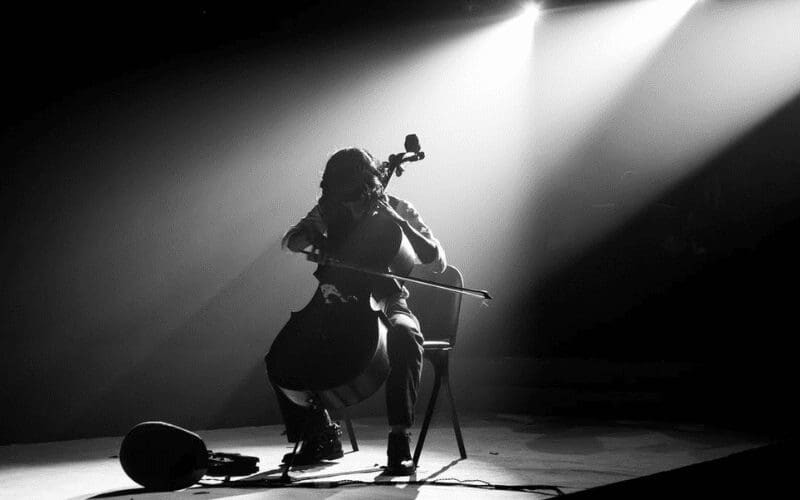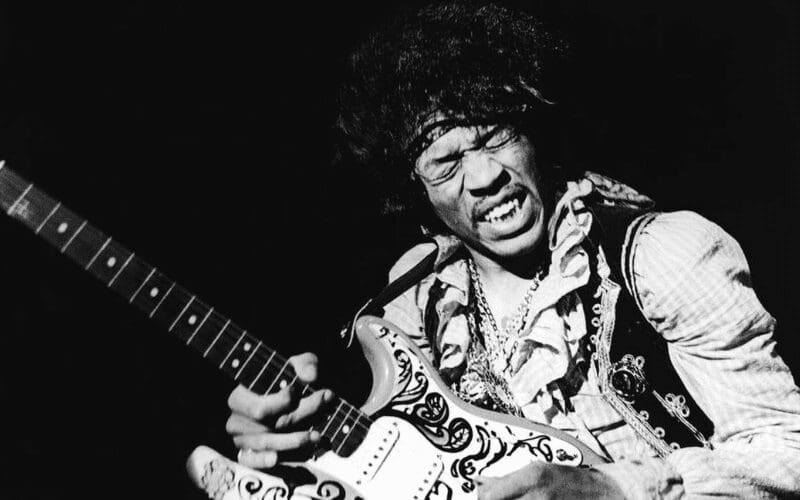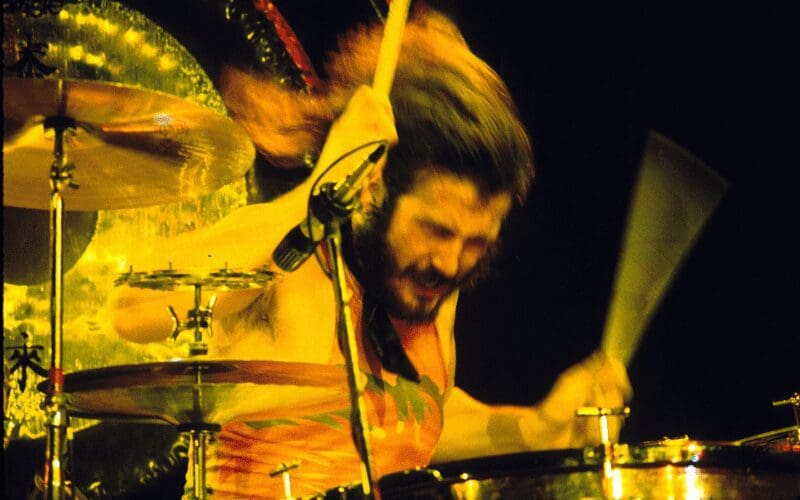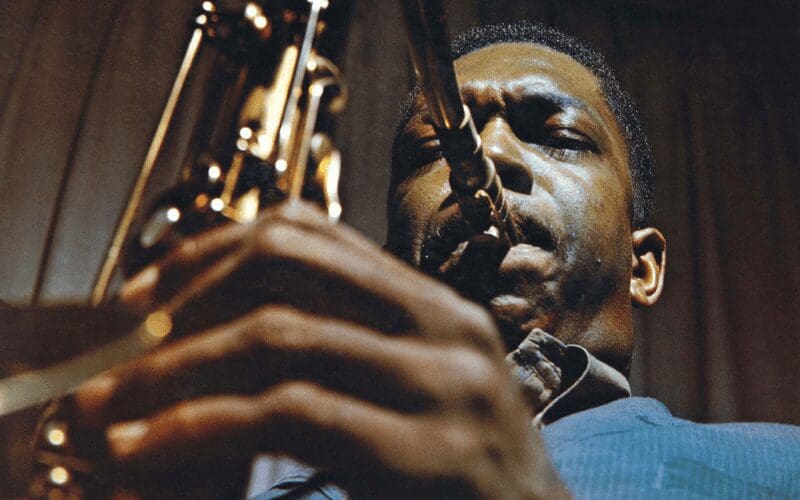That place of total control, of peak performance. Elite sports stars know it. So do gamers, computer programmers, and of course, musicians. We know when we’re there because everything seems to come effortlessly.
Even though we’re at the edge of our abilities and charging to the next level. This is what we call, the music zone. How to get in the zone is something that every musician should learn in order to perform at their very best.

In this article, we will take a look at what the music zone is and research this phenomenon. We will also look at how to get in the zone.
Be sure to stay tuned so you don’t miss out on any key information!
What Is The Music Zone?

Rather than being some eerie phenomenon, people can only speak of, the zone has been academically studied and tested.
In 1908, Robert Yerkes and John Dodson found that people perform at their best when a task is balanced between too easy and too complicated.
In essence, people get bored when a task doesn’t challenge them, and stressed or overwhelmed when it tips in the other direction.
Naturally, the demands of a task will often be outside of our control, making us at the mercy of our environment when it comes to entering flow.
Other than the chance at peak performance, this might be limiting our access to another important facet of life.
Performance & Happiness

A Hungarian psychologist by the name of Mihaly Csikszentmihalyi started to wonder why the field of psychology was all doom and gloom and went out searching for what made people happy. What did he find?
People felt at their best after they exerted a fair amount of energy overcoming some obstacle.
The conditions that lead people to their happiest states are in line with what Yerkes and Dodson had found. This state of peak performance—which Mihaly labelled Flow—stretches us to the limit, and when we recoil back into a relieved and unburdened state, we are uplifted and vitalized, proud of ourselves.
In describing flow, Mihaly says this:
“… experiences [might not be] particularly pleasurable at the time they are taking place, but afterwards we think back to them and say, “That really was fun” and wish they would happen again.”
Flow has become a sought-after state within workplaces and sports teams, but as noted, when task demands are outside our control we will likely struggle to find it.
Steven Kotler, along with being the author of numerous books, is the co-founder of the Flow Genome Project, which is committed to “mapping the genome of Flow by 2020 and open-sourcing it to everyone”
The Flow Triggers

In his book The Rise of Superhuman, Kotler describes a number of “flow triggers.” There are 17 in total, divided into four groups: psychological, environmental, social, and creative.
Here are the most relevant to our discussion here:
- Intense focus: our concentration must be deep and uninterrupted, which means no multitasking.
- Clear goals: you must know what you’re doing, and why you’re doing it.
- Immediate feedback: we must know soon, if not immediately, whether we are succeeding or not.
- Autonomy: we must be in control of what we do and how we do it.
- Challenge ratio: the challenge, as we have seen, must position itself within our reach, but only just.
- High consequences: an element of danger and risk sharpens our focus and concentration, adding to the sense of accomplishment at the end.
Not all are necessary to enter flow, but the more you can achieve the better your odds become.
Entering The Musical Zone

If we look at a performing musician, we can see many of these triggers to reach the music zone. They’re in control of their instrument; playing something familiar but able to ‘jazz it up’ with improvisation.
They know immediately if they’ve played a wrong note, and if people are watching. There’s the potential consequence of disappointing them.
When a group of musicians jam or improvise a new section, they are going out on a limb and trusting their abilities to play something that is slightly unpredictable, while also being able to push their style to the point they feel most comfortable.
As we improve our abilities, the more difficult the task must become to entice flow. A novice will struggle because maintaining simple tunes may prove difficult.
But the expert will have their own issues as their abilities allow them to play most tracks with ease—and we all know how easy it is to be lured into a comfort zone.
Our Final Thoughts
Not only does improvement require us to push our limits, but it is also here that we’ll perform at our best, and be left feeling the happiest. It is, therefore, a worthwhile endeavour for all musicians and performers, and indeed everyone.
How do you get into the zone? Let us know in the comments below. If you enjoyed this article why not share it on your socials? Be sure to tag us in your post @musicgateway!
If you enjoyed this article, why not check out another on our blog? Here are articles on How To Overcome Stage Fright, How To Overcome Writers Block and Top 10 Music Books to get you started!









